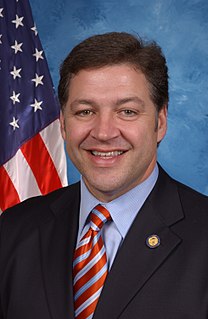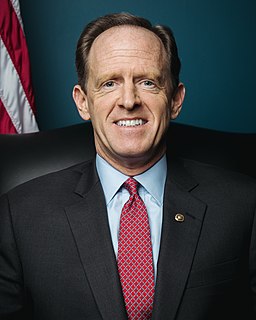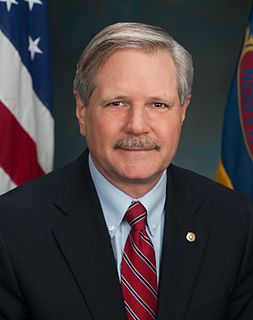A Quote by Paul Craig Roberts
Under Reagan's policies, inflation and nominal GNP growth shriveled much faster than predicted, throwing off government revenue estimates and resulting in budget deficits.
Related Quotes
Criticism of growth arose with the discovery that growth beyond a certain point is destructive of the earth. We are already using resources much faster than they can be replenished. We are producing wastes much faster than nature's sinks can process them. The growth economy will end. The only questions are when its end will come, and whether humanity will be able to survive its demise.
His presidency ended more than a decade ago, but politicians, Democrat and Republican, still talk about Ronald Reagan. Al Gore has an ad noting that in Congress he opposed the Reagan budget cuts. He says that because Bill Bradley was one of 36 Democratic Senators who voted for the cuts. Gore doesn’t point out that Bradley also voted against the popular Reagan tax cuts and that it was the tax cuts that piled up those enormous deficits, a snowballing national debt.
Ron Paul would have demanded that entire departments be shuttered – not that the bums merely bring into balance what was stolen (taxes) with what is squandered (spending). Besides, what a balanced-budget requirement implies is that government has the constitutional right to spend as much as it takes in – that government is permitted to waste however much revenue it can extract from wealth producers.




































